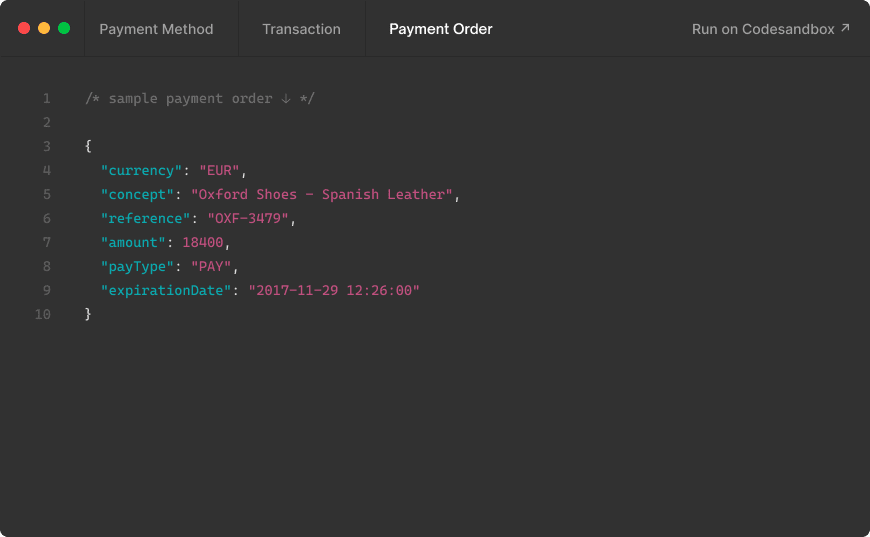From the blog
Stay updated with the latest news, tricks and tips for MYMOID
Ready to start?
Pioonering digital payments since 2012. Trusted by +5.000 companies, startups and retail stores.

© 2025 MYMOID. All rights reserved.Legal noticePrivacy policyCookie policy